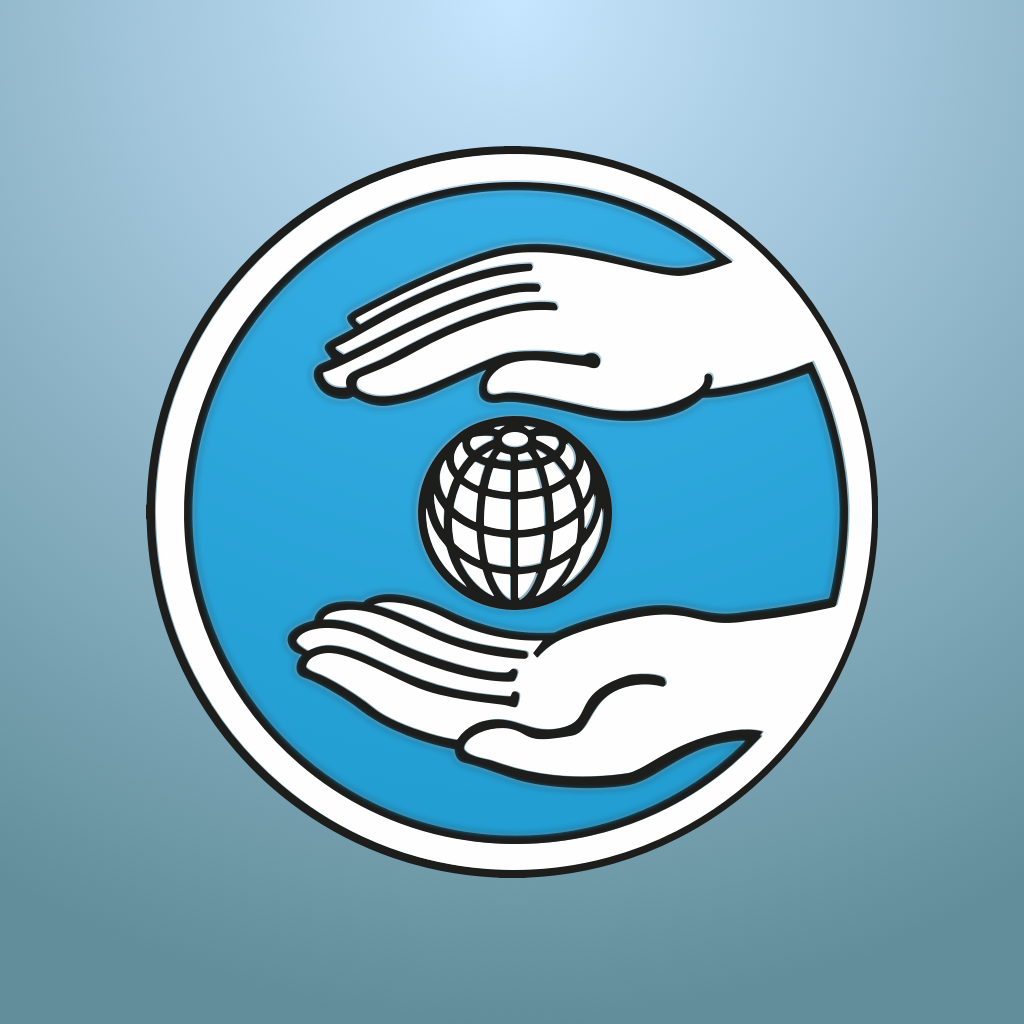This is perhaps no revelation, but compared with our recent and remote ancestors, we are a most selfish generation! And as per the on-going trend, we shall no doubt become the ultimate self-centered human society in the entire recorded history of humankind.
The objects of our affection and undivided attention resonate with our own small sense of personhood. We filter everything through identification with our most “loved self”, but not through healthy love, rather more neurotic and narcissistic infatuation with our little self. It’s all about “I this” and “I that”. Even the market place is flooded with a string of products promoting “I, me, and mine”.
Be it professionally or personally, I am always attempting to ace and excel, without actually delivering or putting in the required effort. I am forever eager to take home the Oscar, taking center stage in terms of glamour, humor, and dressing up to the nines just to be the envy of all at social events. However inept I may be at a subject, it does not deter me from claiming to be the connoisseur, who aggressively monopolizes every opportunity to rate my opinion at the top of the chart. The pattern has become so ingrained, that anything otherwise would simply feel unnatural. I live to the code that a world which does not revolve around ME, just doesn’t exist”.
In moments of lucidity, I become aware of the error of my ways and ask, “where have I gone wrong?” How indeed could I inhabit a world where I am not mortal, but somehow a god? Of course, I am not all knowing, all seeing and all encompassing. I don’t always know better or do better than everyone else. This world cannot be about all “I”, rather than “we” or “us”.
In analyzing the folly of my ways, it does not take a very extensive study to dissect and discern the cause of my selfish outlook. I feel I am not alone in this self-centered approach to life and refer to what is commonly practiced in homes up and down the country. From the moment a child is conscious, his or her parents whisper into the ears, “there is no-one quite like you…no-one more beautiful…no-one more special”. Great efforts are made to make these words a reality – through tutoring, sports academies and materially decorating the child so that they do not want for anything. I am not saying parents are wrong to love and care for their children. Such love and support should not be frowned upon, as there is nothing ill about such an approach. Don’t we all want our children to learn, grow, prosper and surpass our own accomplishments? How else would our society progress, if this were not the case?
Whilst it’s very important to encourage and push our children to reach the heights of their potential and offer them opportunities for growth, such progress and success cannot be at any expense. We fail our children, if we do not give them a sense of the collective, over and above the self.
If we construct a world in which the happiness and self-esteem of our children supersedes that of everyone else, it literally annihilates the innocence and softness of their hearts. A person become utterly selfish and insensitive to others, if they develop the belief that only their desires are worthy of focus, and they need not be concerned with the needs of fellow students and playmates. Ruthlessness is cultivated, when a person is at ease in putting themselves first and succeeding regardless of the cost, even if this means stepping on others in order to climb above them.
So, what I am saying is that the seeds of self-centeredness (and by this I mean selfishness, not being centered on self in a more healthy or spiritual manner) are sown in the home that we grow up in. If we experience a society saturated with egotistical adults, ever ready to sacrifice others for their own betterment, this inhuman tendency naturally becomes part of our own social and emotional DNA. If we witness our parents retaliating at the most miniscule misunderstandings, what hope do we have of responding with calm and kindness. Sadly, this trend not only permeates many homes, but also the places we were to seek refuge and light – our places of worship and faith.
Indeed, what children need alongside an emphasis on developing their social standing and academic future, is the effort to support, refine and advance their human values. I, as a parent and more importantly as a human being, must help my children develop human qualities. I can only do so by exercising love, compassion, forgiveness and patience at home, and also in my dealings with others. As studies show that children imitate what they observe, I should take it upon myself to be the best role model for my little ones. Being a product of my own upbringing, together with influences from a society that has become ever more selfish, this is no easy task. I may well find it difficult to foster higher human sentiments, but I must try to do so, nevertheless.
If my constraints and difficulties are a result of misdirected guidance and social drip-feeding that has infected me with the illness of “me, my and mine”, the antidote to my ills has to be found. I need to redouble my acquaintance with people who radiate kindness, selflessness and love. I need to flush my system everyday with the medicine of compassionate regard. I need to sit in company that acknowledges the need of the hour, which is for each human soul to reach its highest human potential, and for that company to be fully equipped with the necessary techniques and inspirations for attaining to my better self.
In this regard, I am fortunate to have come across the Sant Nirankari Mission and it’s Centers for Oneness around the world. I am indebted to the Mission for the work it does in promoting and manifesting a human society which gives prominence to others’ needs over and above one’s own. The Mission introduced me as an individual to my true nature, my true self. In this awakening, I felt oneness with a self that is pure and untainted. It was Gnostic knowledge, no less. In attending regular Oneness gatherings, I have grown to have enough self-esteem, so that I can love and accept not only myself and those I consider to be my own, but those around me too.
I can’t always find the words to describe the awakening that I experienced. All I can say is that a special awareness has taken root, which helps me focus on the universe as a whole. I have learned that all human beings are individual drapes, taken from the very same ream of cloth. Comparatively, the individual drapes may appear to be bigger, better or more colorful than others, but I am always reminded we all emanate from the same source and universal spirit. This realization has helped me rise above my vainglorious, selfish and egocentric individuality to become one in essence with the world all-over.
‘Where did I go wrong’ is no longer a question that haunts me. I have found a remarkable answer and wished only to share it with others too.
– Kiran Panday, USA





